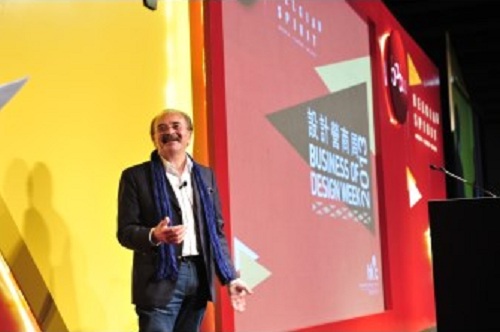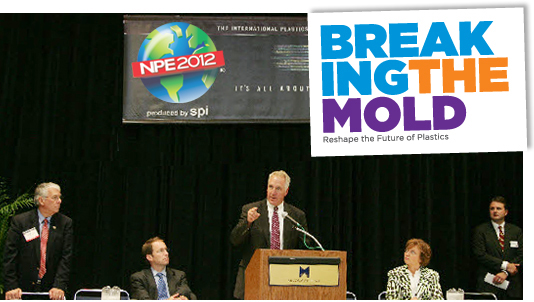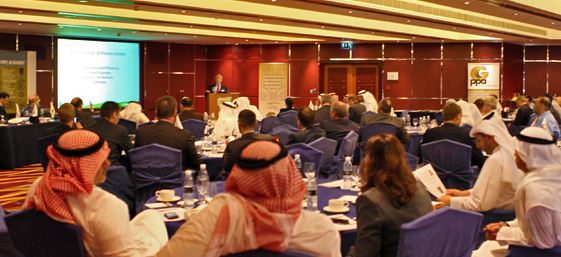Sales of plastics processing machinery will suffer as a result of uncertainty following the UK vote to leave the Europe Union (EU), according to senior figures in the European plastics industry .
German machinery producers are assessing the potential impact on sales in the UK and some said they had already experienced the effect of the Brexit vote on production decisions by customers with global operations who can choose between their factories in the UK and elsewhere.
“We have to recognise this is a sovereign decision of a free country,” said Thorsten Kühmann, managing director of the German VDMA association’s plastics and rubber machinery division, speaking at a press event in Düsseldorf held by the K 2016 fair organiser Messe Düsseldorf.
“I very much regret the British decided to leave the EU. They are very important for the EU; however, they took that decision.
“On the plastics and rubber machine side, in the next one to two years we will not see many investments in the UK. Why? Because it is uncertain how this [the UK’s relationship with the EU market] will develop,” he said.
The UK ranks as the seventh largest market for exports of plastics and rubber machinery from Germany. This is only 3% of Germany’s machinery exports, said Kühmann: “[So a potential sales decline in the UK is] not nice, but it’s not a very big drama.”
Gerd Liebig, chief sales officer of injection moulding machine maker Sumitomo Demag, said: “I was really surprised how fast some customers reacted [to the Brexit vote].”
He said the first email he opened on Monday morning, following the worldwide coverage of the Brexit vote, came from an international customer that had planned to deliver two machines from its South China plant to its facility in the UK. “They decided to stop this [planned machine transfer],” said Liebig.
The vote in the UK referendum to leave the EU had been “completely unexpected”, he said.
“People are now very nervous. On the one hand, many local companies will still invest. Integration with international transplants is now a critical part of the game. Many Japanese companies, for example, are in the UK.”
On the other hand, the total sales of injection moulding machines in the UK market are likely to fall. “I expect in the next six to 12 months, the market will go down by approximately 10%,” he said.
The UK injection moulding industry has grown strongly in recent years. In 2015, 643 injection moulding machines were imported into the UK, the highest level for 11 years, according to a PRW news story in April.
Liebig expressed hopes that this earlier growth will cushion machinery suppliers in a market downturn. He said: “The UK market is still one of the top plastics markets in Europe. There are still a significantly high number of injection moulding machines in the market.
“Where I am very positive is the business in spare parts, business in service, so I can imagine a little bit of a move from the new machines business to the spare parts business and service work for customers.”
Website:www.prw.com








